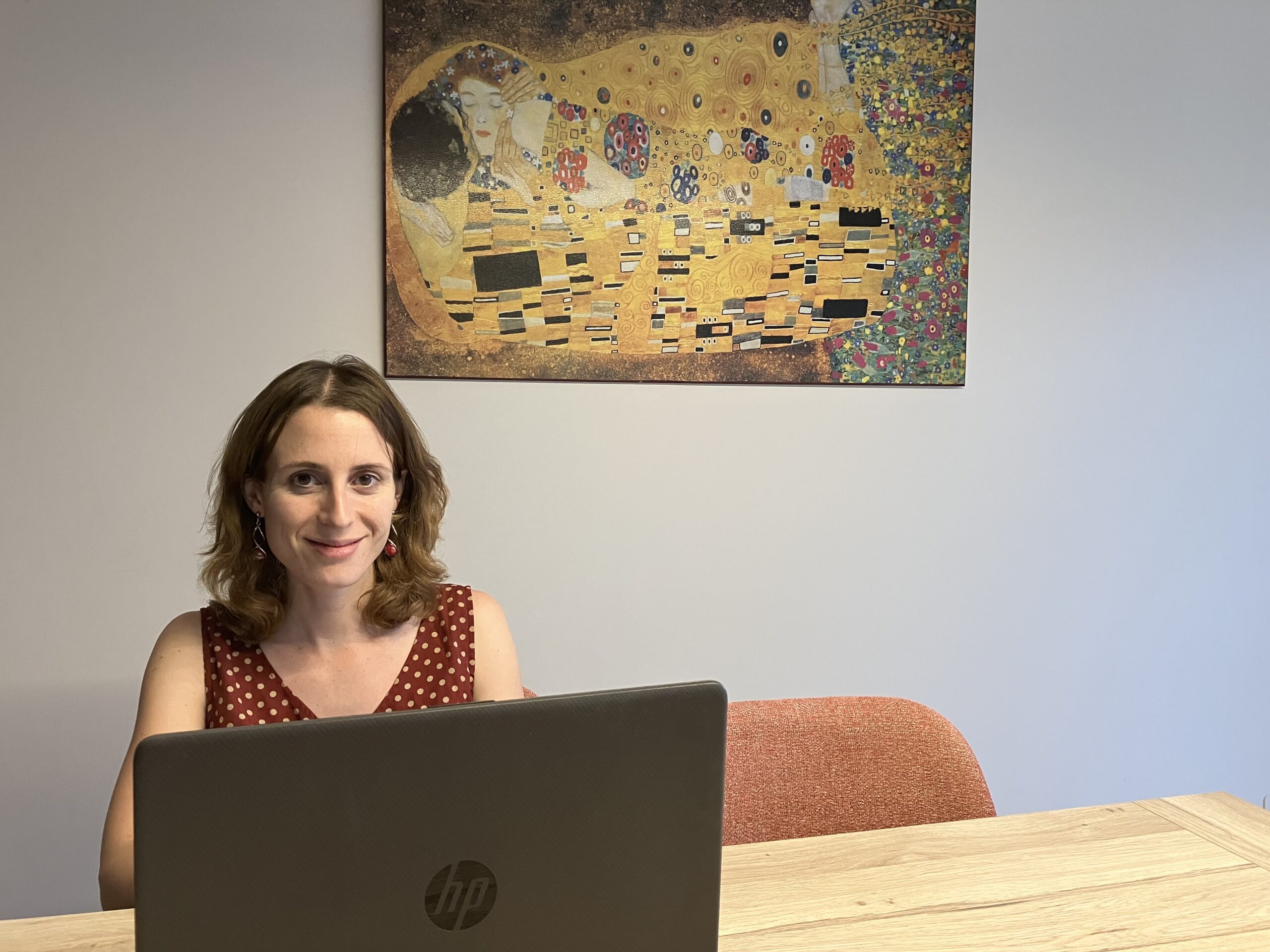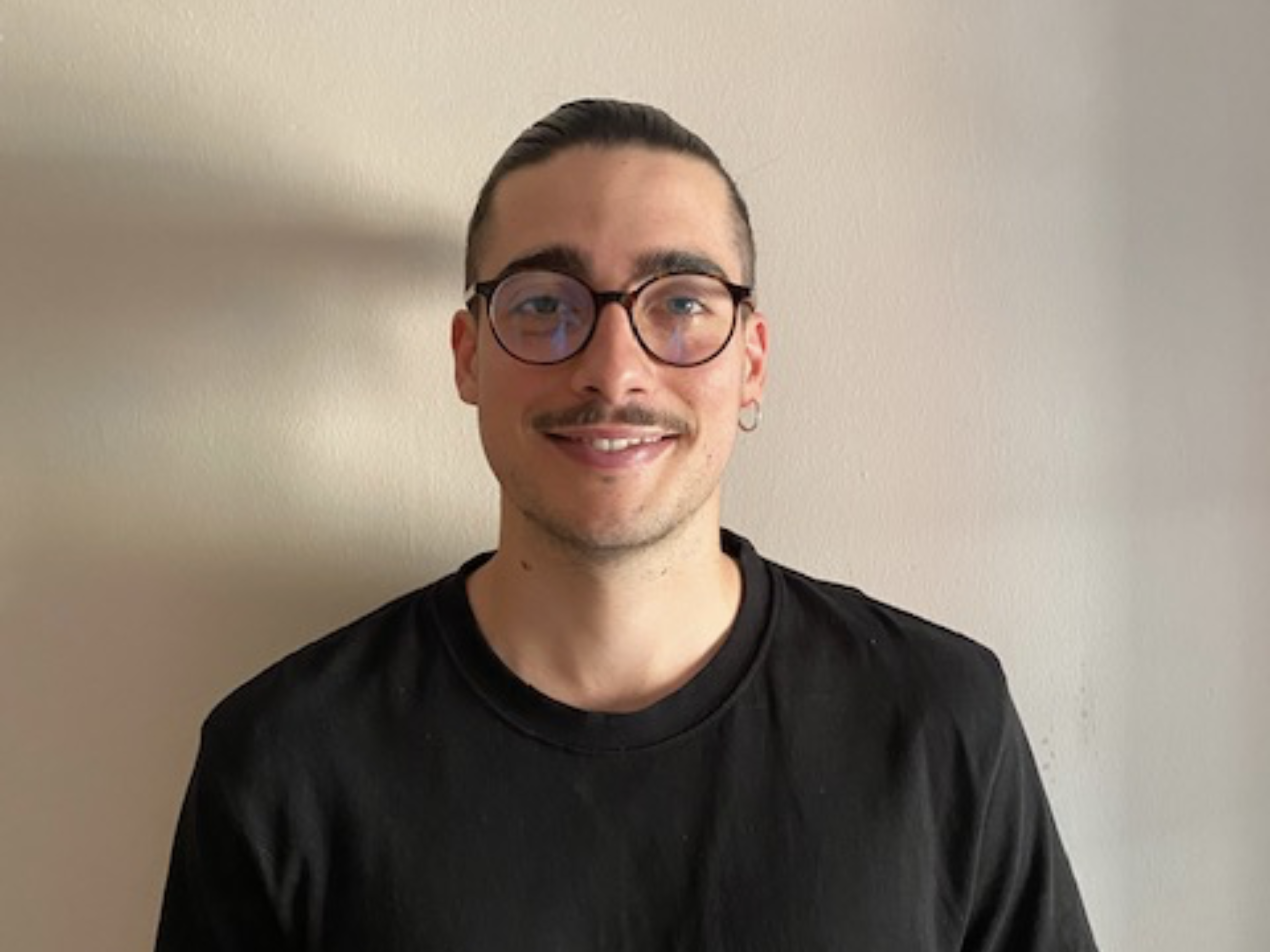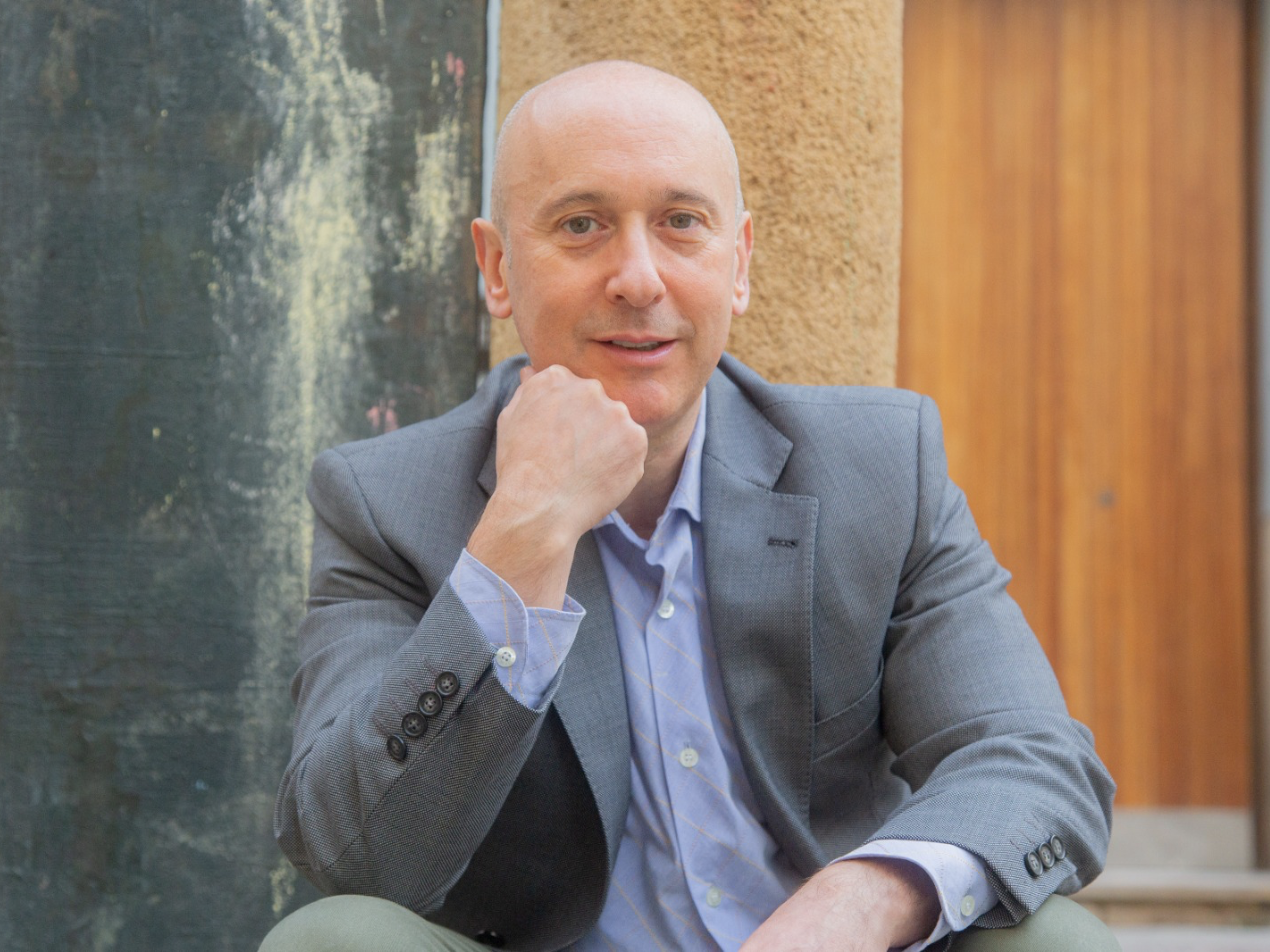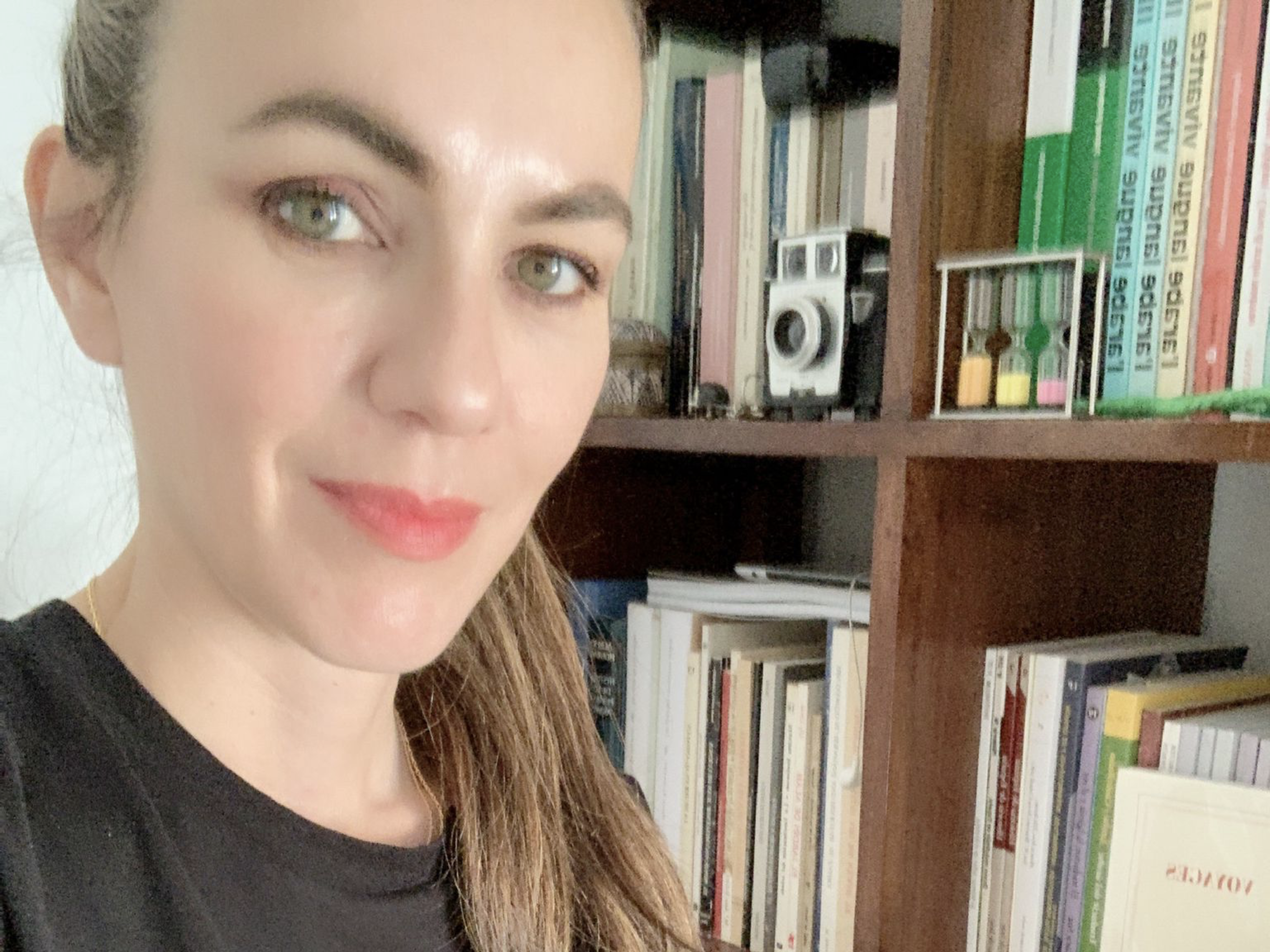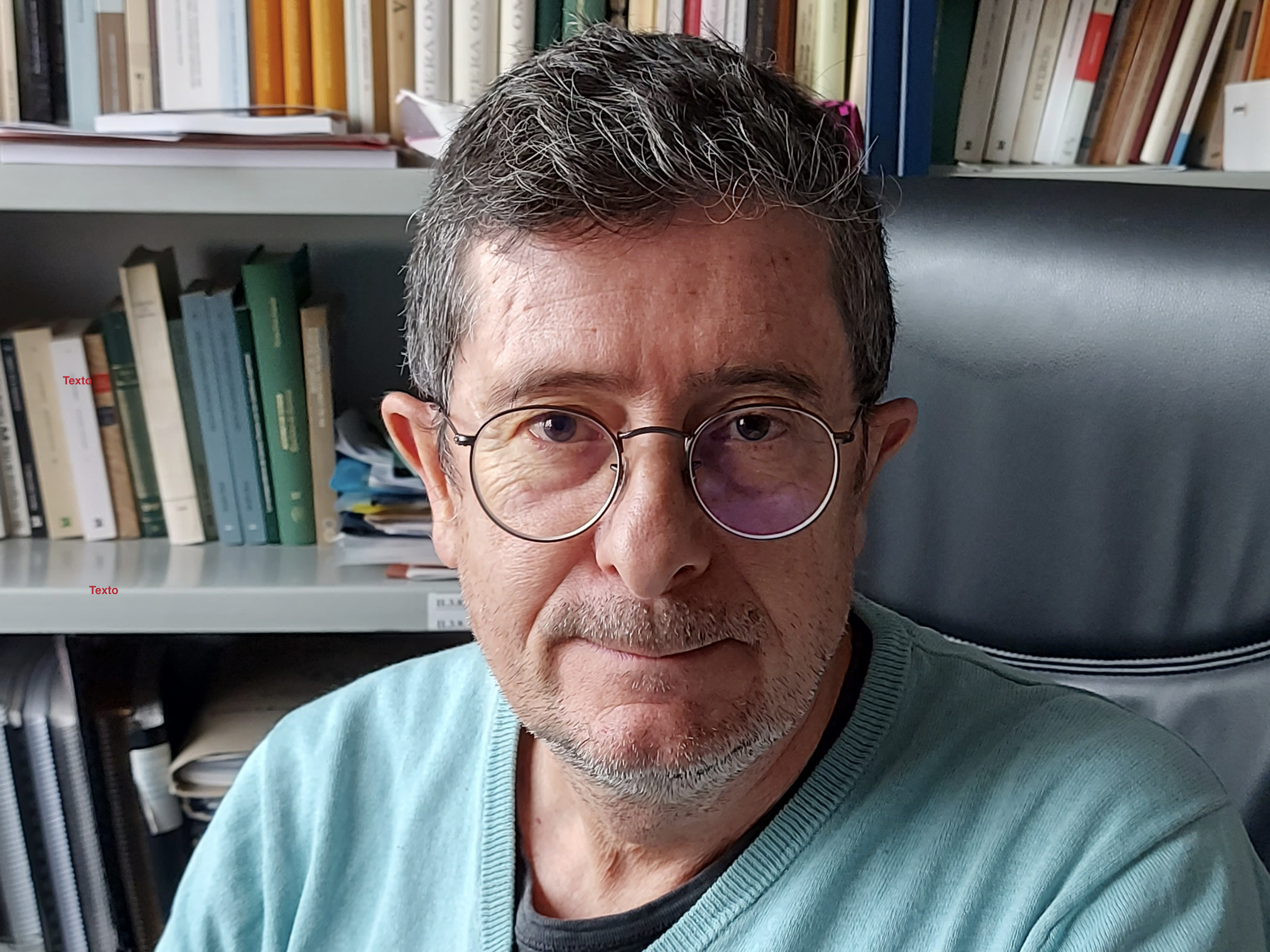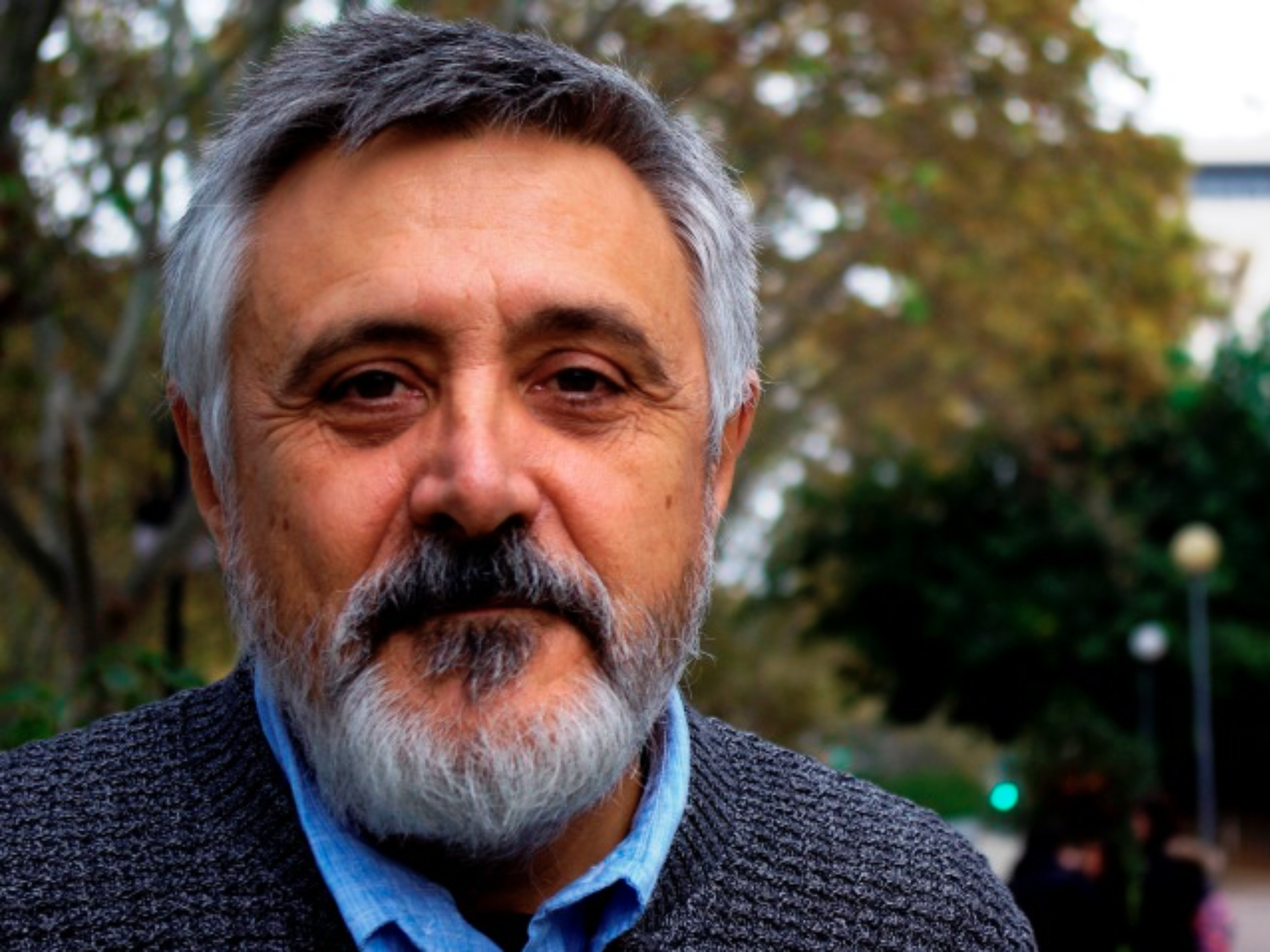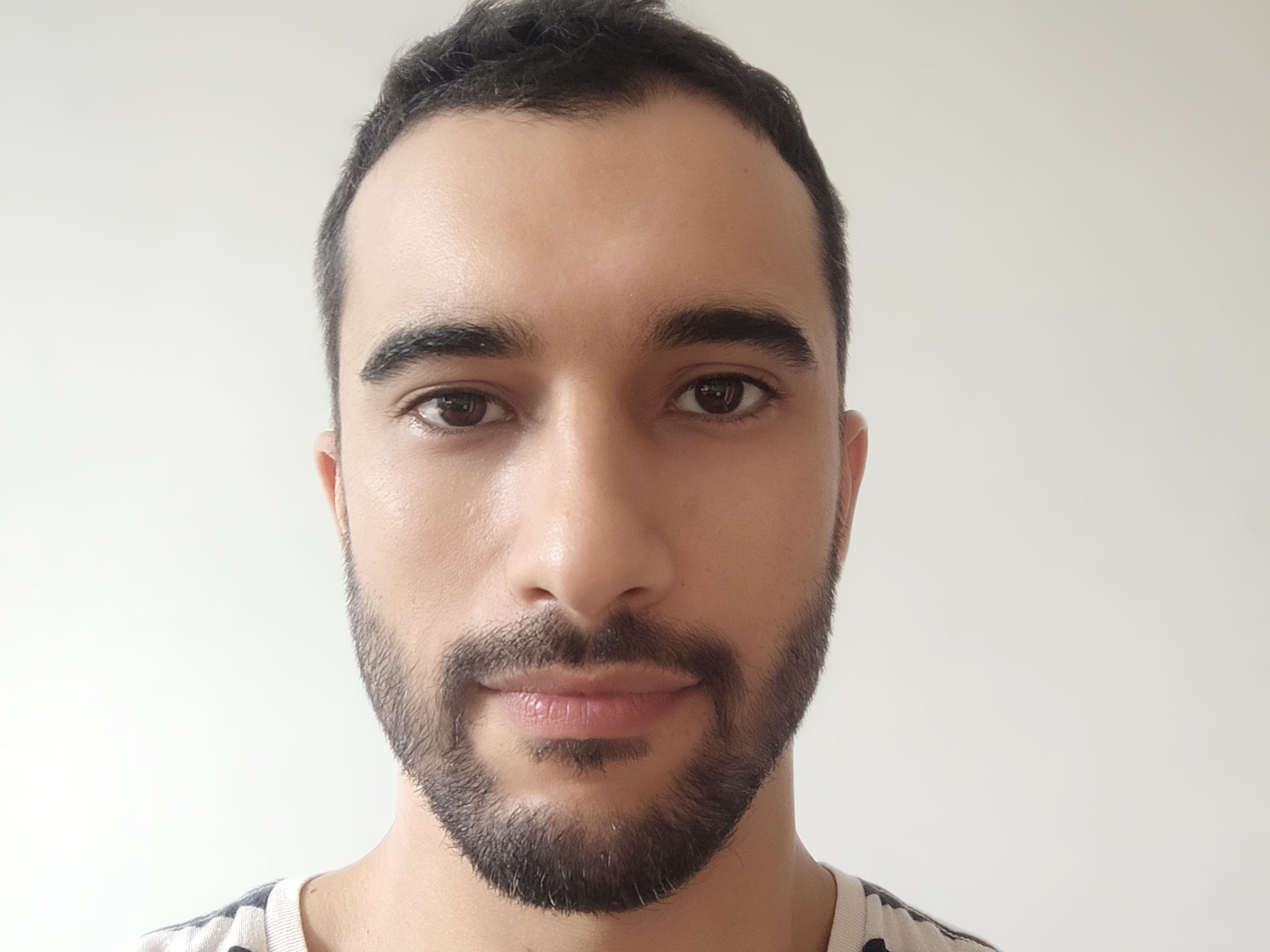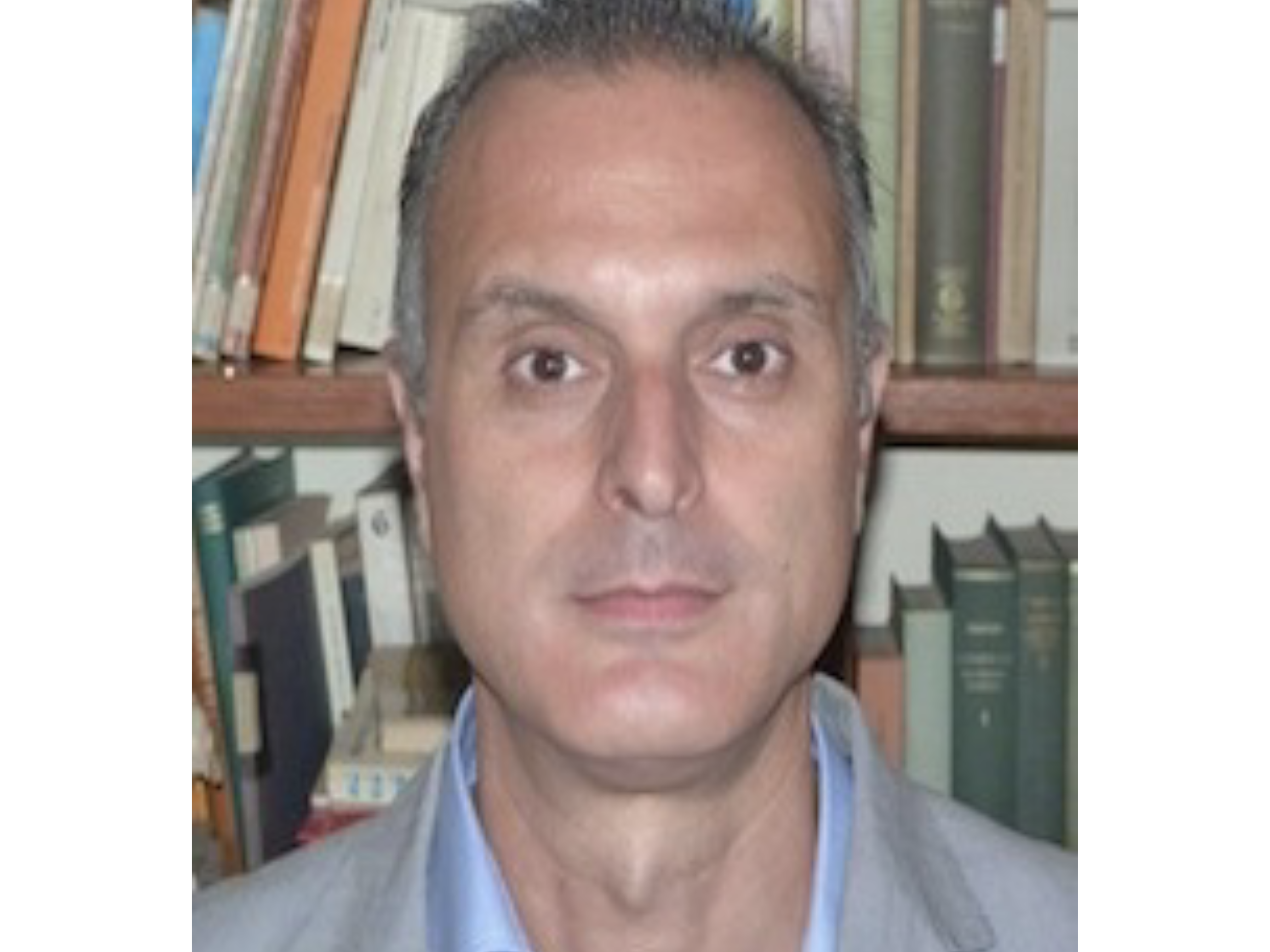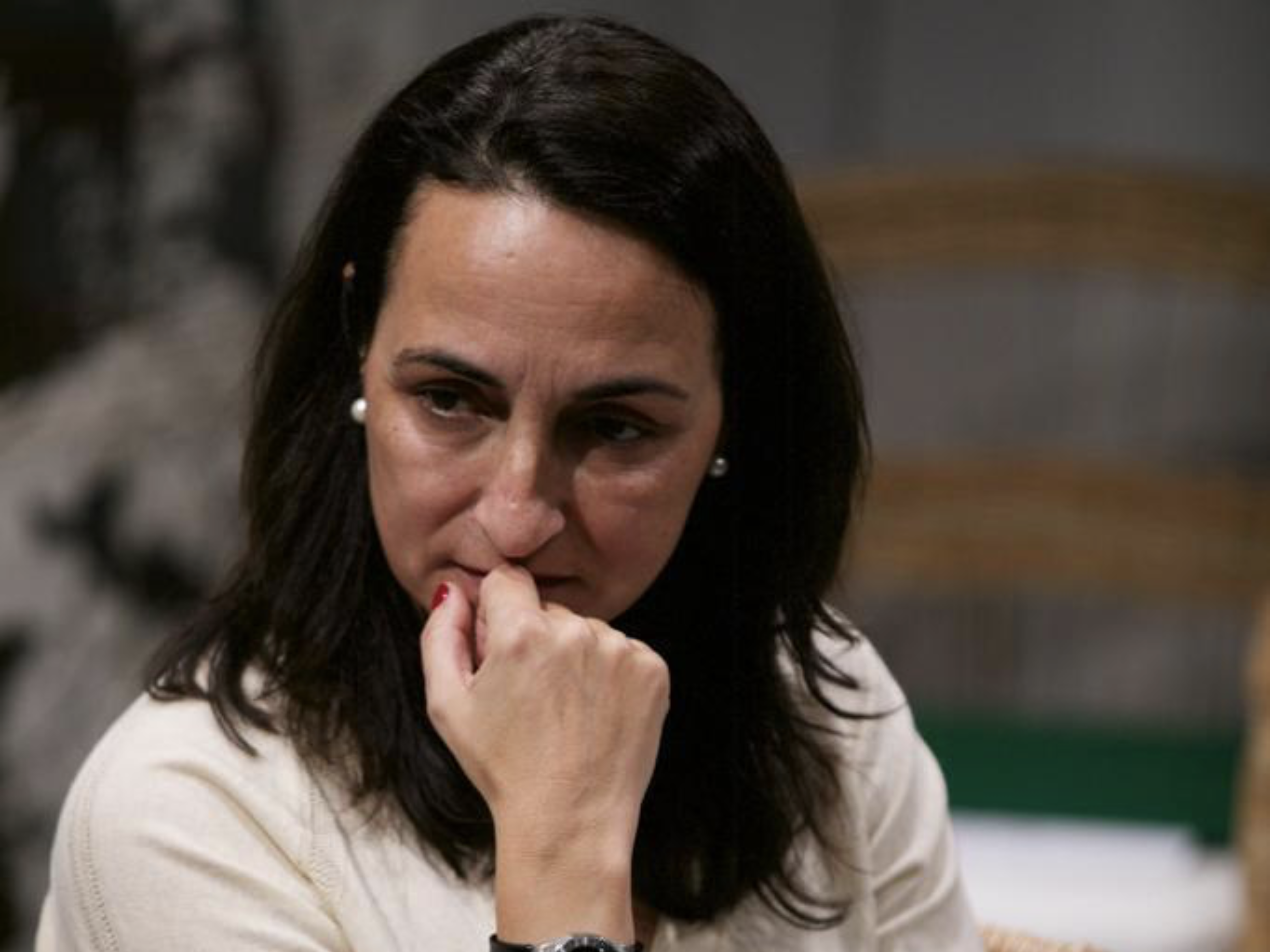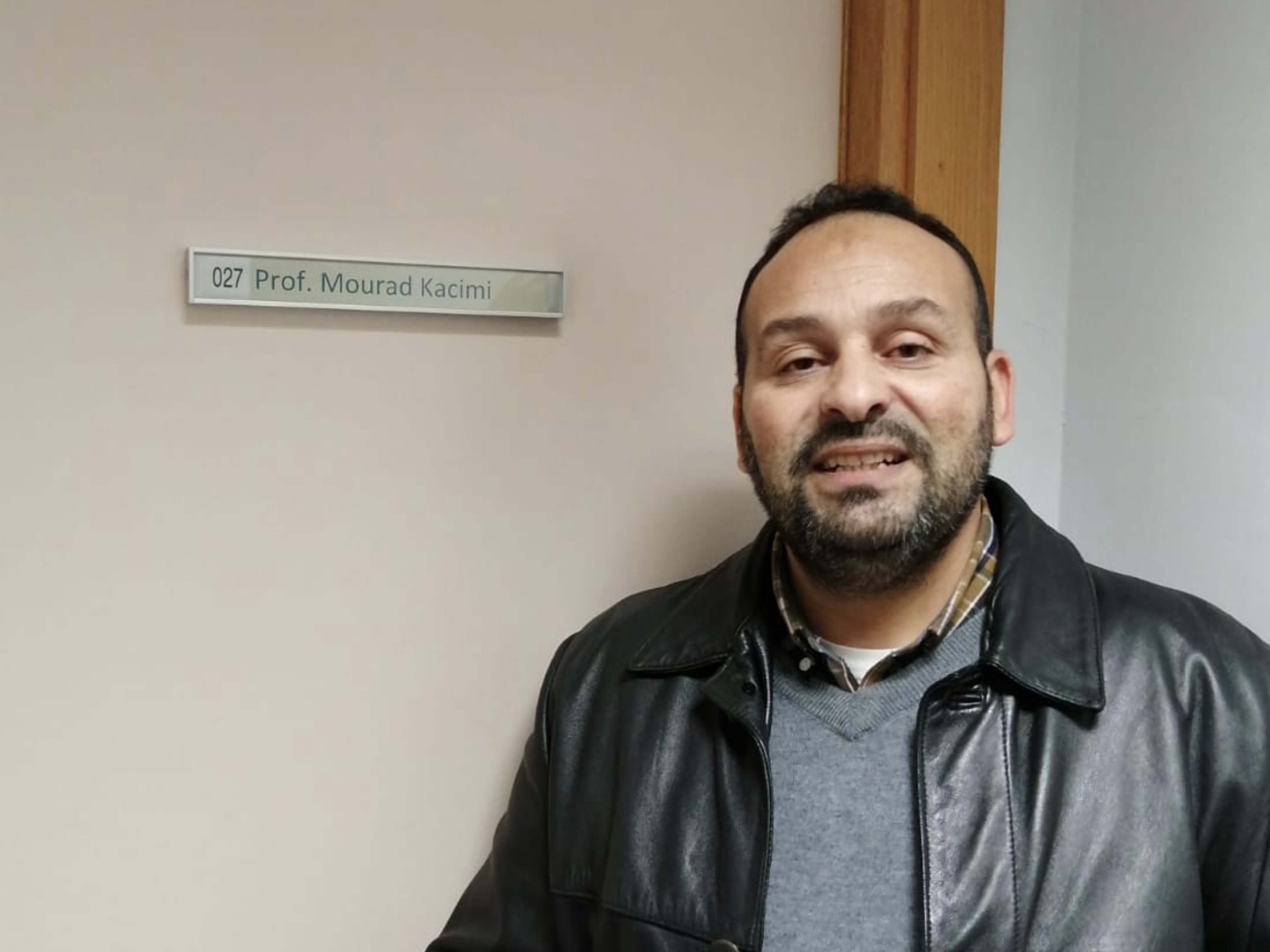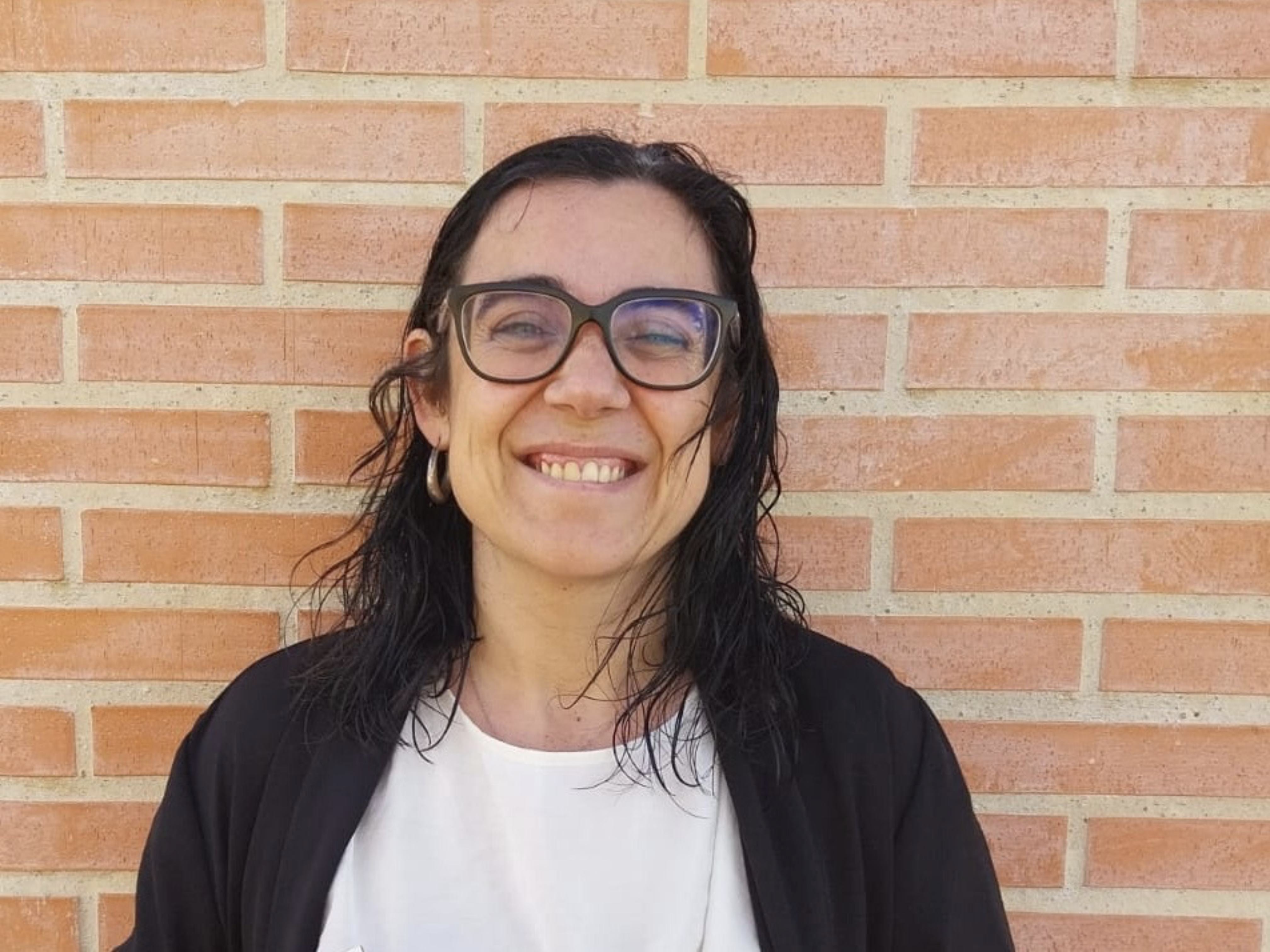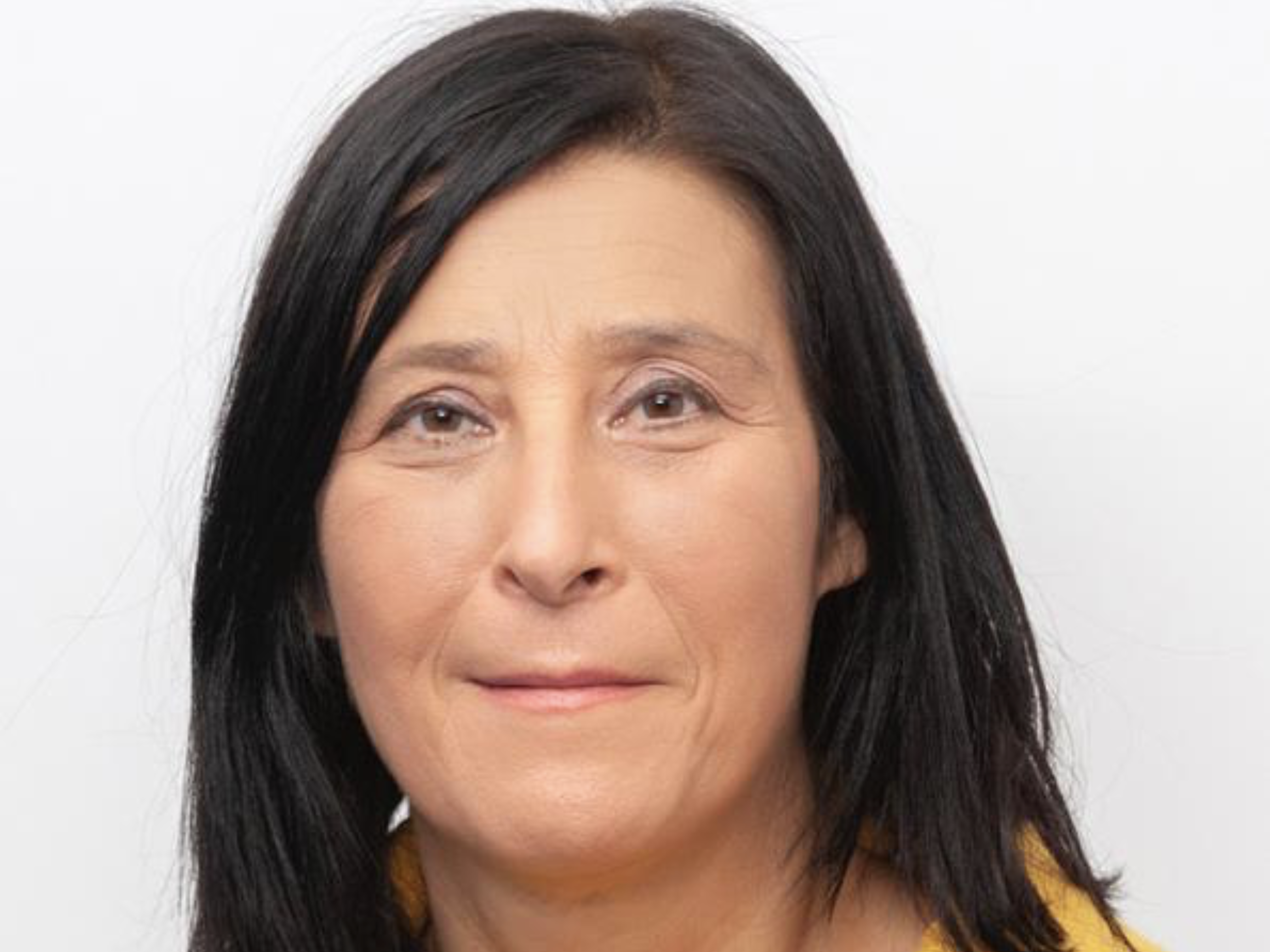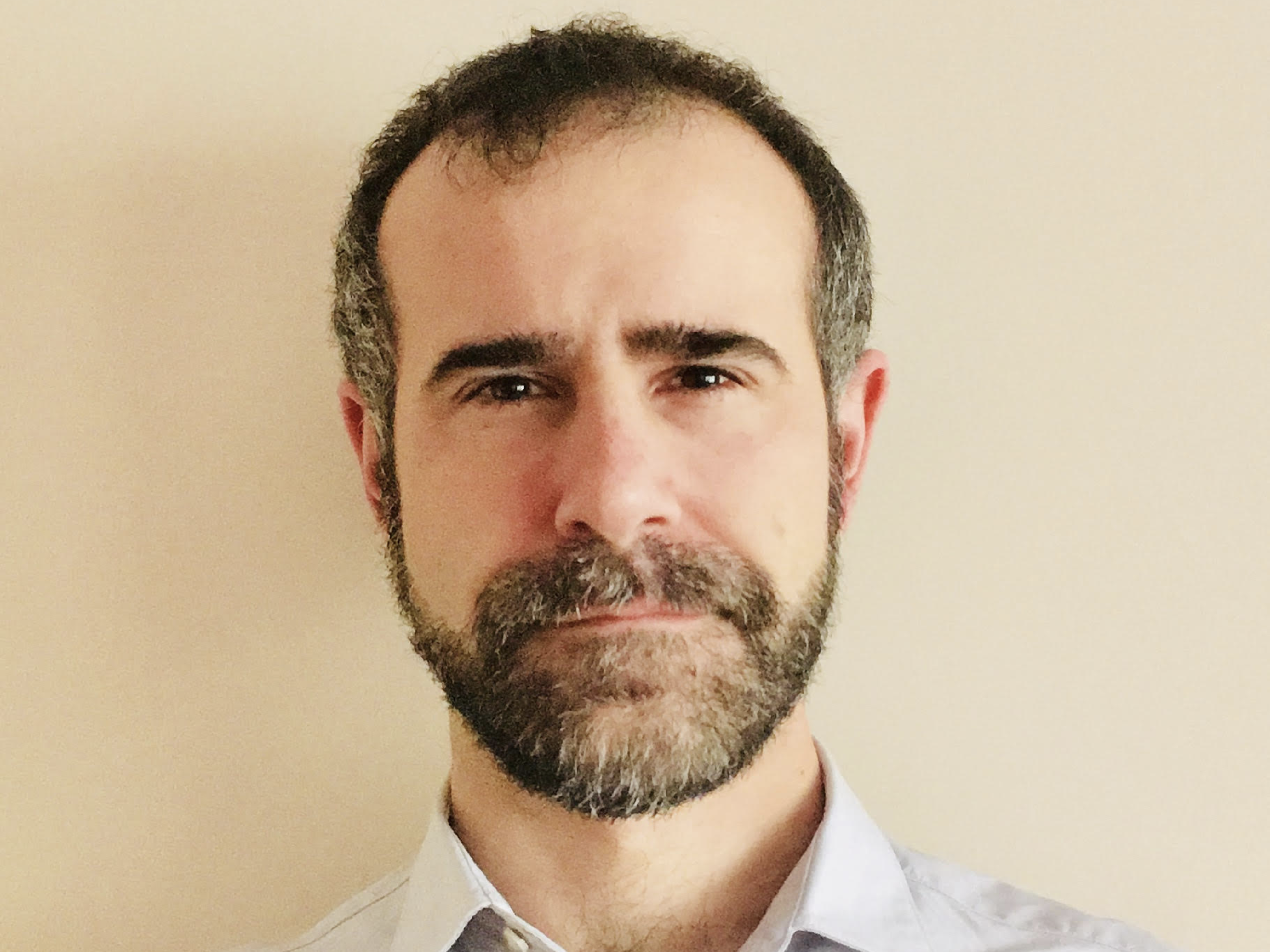Researchers
Julia Aguilar
Currently lecturer in Latin Philology at the Universitat de València. PhD in Classical Philology from the Universidad Complutense de Madrid (2020), during her predoctoral and postdoctoral periods she has undertaken stays in foreign institutions such as the IRHT (Paris), the Università degli Studi di Milano and the KU Leuven (Leuven). Her main lines of research are textual criticism, palaeography, codicology and the history of late Antique and Visigothic texts. She has worked on authors such as Augustine of Hippo, Gregory the Great and Taio of Zaragoza, among others.
Miguel Arche López
Bachelor's Degree in Classical Philology from the Universitat de València (Extraordinary Award). Heracles Prize 2023 for the Master's Thesis of the Master’s degree in Research in Languages and Literatures (Extraordinary Award), for his work entitled La correspondencia de Juan Luis Vives: el humanista en los círculos de poder del siglo XVI. His field of research is Latin epistolography during the humanist era, his specialty being the correspondence of Juan Luis Vives. In 2021, he published his first poetry collection, de la muela, el juicio (Edicions 96), awarded with the XVIII Universitat de València Creative Writing Awards, in the category of poetry in Spanish.
Marco Antonio Coronel
Professor of Latin Philology at the Universitat de València. His research has focused on the figure of Juan Luis Vives and on Spanish Vivesianism. He has also worked on the thought of Vives, especially on how his idea of concord ends up defining Spanish political thought regarding the generation of social identities. His research work has been enriched with two visits to the Universität Bamberg in Germany and with the delivery of 19 lectures, conferences or courses in which the figure of Vives and his influence on relevant characters such as Pérez de Chinchón or Vasco de Quiroga has always been emphasised. He has co-directed a recently read doctoral thesis by Maria José Cercadillo, in which the letters of Vives between 1514 and 1520 have been edited, and is currently directing another thesis on the Vivesian correspondence between 1521 and 1540, carried out by the doctoral student Miguel Arche López.
Maria Mercedes Delgado
With an extensive research career since finishing her degree, she obtained the City of Sevilla Award 2003 for her work Hernando Colón: decurso histórico de un hombre y su biblioteca. She received her doctorate in September 2011 with the study and edition of an unpublished and complete manuscript of the Historia de los reyes moros de Granada by Hernando de Baeza. The end of the chronicle has been published in the journal Manuscript Studies (2/2, 2017). She has also found another complete and unpublished manuscript of Baeza's chronicle (Anaquel de Estudios Árabes, 29, 2018). Together with these two discoveries, key for the historiography of the Spanish Early Modern Age, and the awareness of another manuscript with the end of the chronicle, the researcher is making a critical edition of this chronicle together with an introductory study of the author and his work.
Furthermore, she is an active researcher for the projects HI(s) POCRENE: El caballo y el intérprete en las literaturas ibéricas e hispánicas (Université de Caen, ERLIS, since June 2019), and VaHiFo. Valentiae Historici Fontes (University of Valencia, 2022-2024). She is a PI of the research group HUM-1093, History, Civilization and Arab-Islamic Culture, since January 2023, enrolled in the Area of Arab and Islamic Studies of the Faculty of Philology of the University of Seville.
Ferran Grau
My research career focuses on neo-Latin rhetoric and classical rhetoric, on Renaissance humanism and classical tradition. One of my main interests is to highlight the links between the instruction received by men of letters, in whose curriculum rhetoric had a prominent place (from Antiquity and practically until the end of the Old Regime), and literary productions written not only in Latin, but in the different languages of Europe.
Celio Hernàndez
PhD in Spanish Studies, with International Mention and Extraordinary PhD Award, from the UAB. Graduate in History and Master’s Degree in Cultural Heritage: identification, analysis and management, with specialization in Bibliographic and Documentary Heritage from the UV. Professionally and academically trained as a "digital humanist", he has worked at various universities and participated in research projects, both national and international, that combine disciplines such as History, Philology, Archival Science and Computer Engineering.
Ricardo Hernández
Senior Lecturer in Latin Philology at the Universitat de València. My research has been focused on Latin epigraphic texts, especially on carmina epigraphica. I am one of the editors of volume XVIII/2 of the Corpus Inscriptionum Latinarum (CIL) (this work is currently in its proofreading phase), and I am preparing a bilingual and annotated edition of the carmina Latina epigraphica dis dicata. I have translated and annotated some works by Juan Luis Vives concerning Logics. I have also translated Seneca’s De vita beata and I am currently finishing the translation and commentary of Latin literary sources attaining the ancient History of the Valencian Community.
Eulàlia Miralles Jori
Senior lecturer of Catalan Philology at the Universitat de València, she is a member of the Institut Interuniversitari de Filologia Valenciana, the Aula Carles Riba of the Universitat de Barcelona / Institut d’Estudis Catalans, and the Center for Catalan Studies of the University of California-Santa Barbara. Visiting lecturer at several universities (Nottingham, Roma-Tre, Ca’Foscari in Venice, Pompeu Fabra, Sassari, Federico II in Naples), and since 2017, director of the Caplletra. Revista Internacional de Filologia academic journal. Her studies include the literary culture of the Early Modern Age, from the 15th to the 19th centuries, with a preference for non-fictional works (historiography, chronicles, diaries, memoirs, daybooks, etc.). She has especially dedicated herself to textual criticism and cultural history. For the past few years, her fields of specialisation have included historical and political literature (fictional and non-fictional), the history of identities and counter-identities, cultured poetry and, more specifically, literature written by secular women. Caplletra. Revista Internacional de Filologia.
Her studies include the literary culture of the Early Modern Age, from the 15th to the 19th centuries, with a preference for non-fictional works (historiography, chronicles, diaries, memoirs, daybooks, etc.). She has especially dedicated herself to textual criticism and cultural history. For the past few years, her fields of specialisation have included historical and political literature (fictional and non-fictional), the history of identities and counter-identities, cultured poetry and, more specifically, literature written by secular women.
Marina Navàs
PhD in Catalan Philology from the Universitat de Girona (Special PhD Award). "Archiviste paléographe" from the École nationale des chartes in Paris (final dissertation awarded with the Pèire Bec Award of the Association Internationale d'Études Occitanes). Degree in Catalan Philology from the Universitat Rovira i Virgili (Extraordinary Award). Her research focuses on medieval Catalan literature, especially Occitan-Catalan lyric poetry and its manuscript transmission. She has also worked on the historical biography of Queen Margaret of Prades and is currently preparing a critical edition of the anonymous medieval Catalan translation of the Soliloquies of pseudo-Augustine.
Her research focuses on medieval Catalan literature, especially Occitan-Catalan lyric poetry and its manuscript transmission. She has also worked on the historical biography of Queen Margaret of Prades and is currently preparing a critical edition of the anonymous medieval Catalan translation of the Soliloquies of pseudo-Augustine. Soliloquia de pseudo Sant Agustí.
Mourad Kacimi
Mourad Kacimi is a lecturer and researcher in the field of Arabic and Islamic studies at the Universitat de València. In 2012, he published a study on the Arabic text of the mediaeval Catalan novel Jacob Xalabín, and in 2024 the book al-Risāla al-ŷāmi'a ḏāt al-fawā'id al-nāfi'a. Study and critical edition, will appear in the Oxford University Press. He has published translations of Arabic historical, literary, and philosophical texts. The researcher is also the author of six book chapters, fourteen articles and reviews in academic journals. Furthermore, he has participated in several international forums on topics related to Arabic and Islamic thought, literature, and history. al-Risāla al-ŷāmi‘a ḏāt al-fawā’id al-nāfi‘a. Study and critical edition. He has published translations of Arabic historical, literary, and philosophical texts. The researcher is also the author of six book chapters, fourteen articles and reviews in academic journals. Furthermore, he has participated in several international forums on topics related to Arabic and Islamic thought, literature, and history.
Helena Rausell
Helena Rausell Guillot is a postdoctoral researcher at the Faculty of Education and, since April 2022, vice-rector of the Universitat de València. Her research focuses on humanism and the culture of the 16th century, teacher training, didactics of the social sciences, and gender and education. She has been a researcher in projects funded. Author of about thirty articles in indexed journals and author and coordinator of books, among which Letras y fe can be highlighted. Erasmo de Roterdam en la Valencia del Renacimiento (2001). She has studied the figures of Pere Antoni Beuter, Francesc Decio, and Cosme Damià Çavall, all of them professors of the Estudi General de València during the first half of the 16th century.
Albert Rossich
Albert Rossich (Girona 1952). Emeritus professor of Catalan philology at the Universitat de Girona, where he taught from 1975 to 2022. He has researched Catalan literature of the Early Modern Age, the history of the language, and literary multilingualism. He has critically edited the literary work of Vicent Garcia, the Rector de Vallfogona and other texts of the period. Among his works we can highlight the books Una poètica del barroc: el "Parnàs Català" (1977), Francesc Vicent Garcia. Historia i mite del Rector de Vallfogona (1987), Poesia catalana del barroc. Anthology (2006, in collaboration with Pep Valsalobre), and Dos panegírics d’Andreu Rey d’Artieda (1604) i Vicent Garcia (1613) (2019). He has also coordinated the Panorama critic de la literatura catalana, in six volumes (2009-2011), of which he directed and partly wrote volume III.
Verònica Zaragoza
Assistant lecturer in Literary Theory and Cultural Studies at the Universitat de València, she holds a PhD in Catalan Philology from the Universitat de Girona (2006, Extraordinary PhD Award). Her main line of research concerns the study and edition of works written by women of the Early Modern Age in the Crown of Aragon and the analysis of female monastic writing, the involvement of women in the baroque festive sphere or the relationship between some women and the inquisition. She has published many publications, including the books Les dones Borja. Històries de poder i protagonisme ocult (3i4, IIEB, 2022) and Encerradas. Mujer, escritura y reclusión (Tirant, 2022, co-edited with Purificación Mascarell), and more than thirty articles in collective volumes and academic journals.
Contributors
Mercedes García Ferrer
She holds a BA degree in Classical Philology (USAL) and a PhD in Classical Philology (UJI), and has developed her professional career as a secondary school Latin professor. She is a member of the GALATEA Group, dedicated to the research and development of lexicographic tools, among which the general electronic corpus of Latin CLARE (Corpus Latinum Referens) and the Latin-Spanish bilingual dictionary (SM). Currently they collaborate with Professor of Latin Philology Marco Antonio Coronel (UV) on Digital Humanities projects such as HuDiPeG.
Maria Teresa Cases Fandos
She holds a BA in Classical Philology from the Universitat Autònoma de Barcelona, and has developed her professional career as a Secondary School Latin Teacher. She is a member of the GALATEA Group, dedicated to the research and development of lexicographic tools, among which the general electronic corpus of Latin CLARE (Corpus Latinum Referens) and the Latin-Spanish bilingual dictionary (SM). Currently they collaborate with Professor of Latin Philology Marco Antonio Coronel (UV) on Digital Humanities projects such as HuDiPeG.
Marc Sogues
Marc Sogues (Barcelona, 1982). PhD in Catalan Philology from the Universitat de Girona in 2018, with the thesis Les cartes poètiques de Francesc Fontanella. Estudi i edició crítica (awarded with Premi Milà i Fontanals d'Història Literària de l 'IEC 2021), is a lecturer at the Universitat de Girona and the Universitat Oberta de Catalunya. His research focuses on Catalan satirical poetry of the 17th and civil poetry of the 18th. He has participated in research projects funded by MINECO on the critical edition of the complete work of Francesc Fontanella and currently participates in the one dedicated to Vicent Garcia, and has presented the results of his research in a fortnight of international colloquia.

